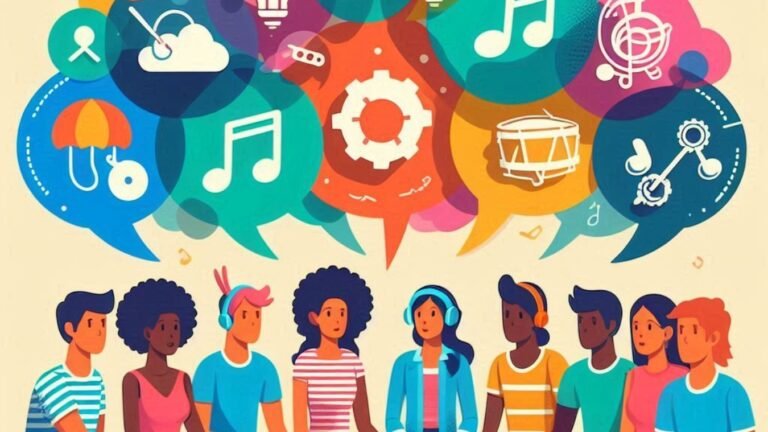
In a world full of noise and constant chatter, effective listening has become a rare skill. Many individuals prioritize talking over listening, often overlooking the powerful role that active listening plays in building meaningful relationships and fostering mutual understanding.
This article explores the importance of effective listening and highlights how it can positively impact various aspects of our personal and professional lives.
The Power of Listening
Effective listening goes beyond just hearing words; it involves actively paying attention to the speaker's message, both verbal and non-verbal.
By focusing on the speaker, we demonstrate respect, empathy, and a genuine interest in what they have to say. This level of attentiveness allows for deeper connections and promotes open dialogue.
Building Stronger Relationships
Listening plays a crucial role in building stronger relationships, whether it's with friends, family, or colleagues. By genuinely listening, we create an environment where others feel valued and understood.
This fosters trust, encourages openness, and strengthens the bond between individuals.
Enhancing Communication Skills
Mastering effective listening skills can significantly enhance overall communication abilities. By carefully listening to others, we gain valuable insights, perspectives, and information that can guide us towards making more informed decisions.
Furthermore, understanding others' viewpoints can help prevent miscommunication, conflicts, and misunderstandings.
Creating a Positive Work Environment
In the workplace, effective listening is vital for fostering collaboration and teamwork. When employees feel that their ideas and concerns are heard and valued, they become more engaged and motivated.
This, in turn, leads to increased productivity, creativity, and overall job satisfaction.
Resolving Conflicts
One of the most powerful benefits of effective listening is its ability to resolve conflicts. By giving individuals an opportunity to express themselves fully without interruption or judgment, conflicts can often be de-escalated and resolved amicably.
Active listening allows for a deeper understanding of the underlying issues, fostering empathy, and paving the way for effective problem-solving.
Personal Growth and Learning
Effective listening enables personal growth and facilitates learning from others' experiences. By actively listening to different perspectives, we expand our knowledge, challenge our own biases, and develop a well-rounded understanding of the world around us.
Through listening, we can embrace diversity, develop greater self-awareness, and continuously evolve as individuals.
Becoming an Effective Leader
Effective leadership is heavily dependent on the ability to listen. A leader who practices active listening gains valuable insights from team members, improves their decision-making processes, and empowers their team.
By understanding and valuing the needs and perspectives of others, leaders can create a culture of trust, motivation, and innovation.
Overcoming Barriers to Listening
While effective listening is crucial, many barriers can hinder this skill. Common obstacles include distractions, selective hearing, personal biases, and a need to dominate conversations.
Overcoming these barriers requires self-awareness, patience, and a genuine commitment to developing effective listening habits.
In a world where everyone wants to speak and be heard, effective listening often takes a backseat. However, embracing the power of listening can transform our personal and professional relationships, enhance our communication skills, and foster an environment of trust and understanding.
By making a conscious effort to prioritize listening over talking, we enable open dialogue, resolve conflicts amicably, and promote personal growth.
So remember, the next time you engage in a conversation, pause, and truly listen – it's more important than you may think.